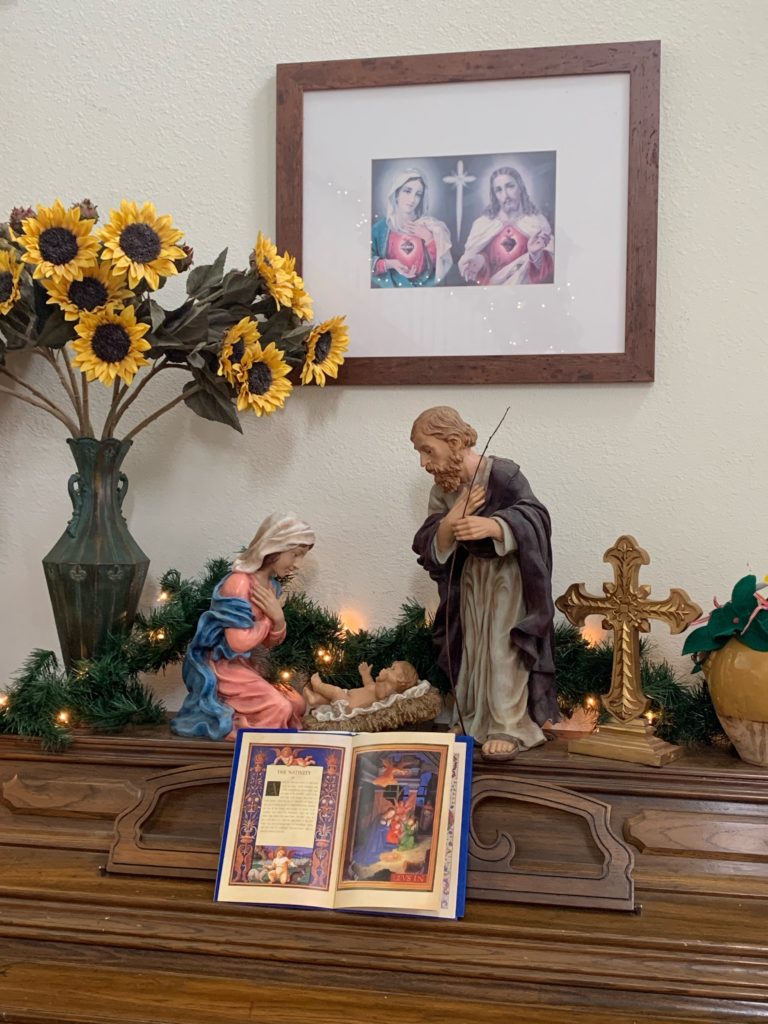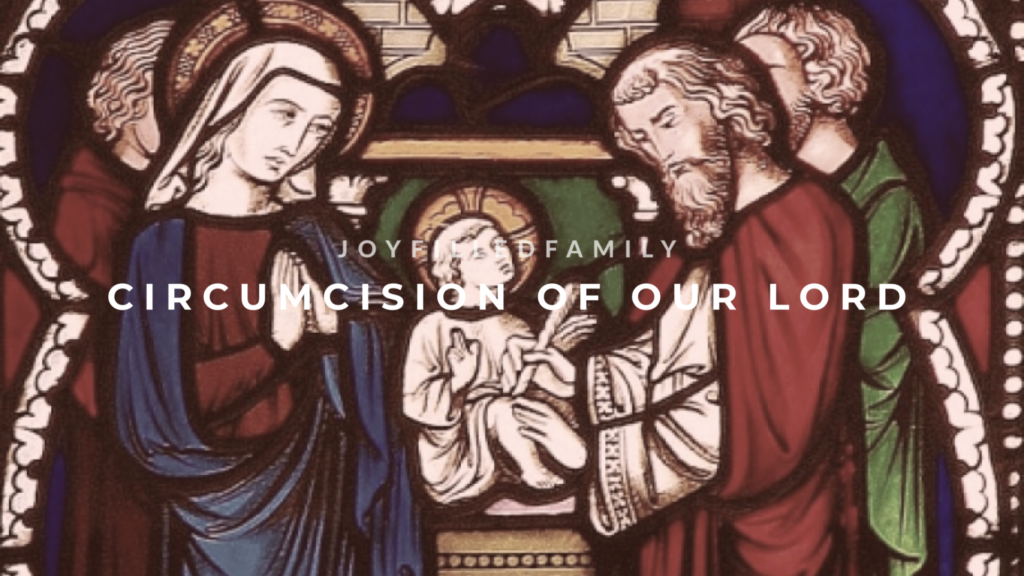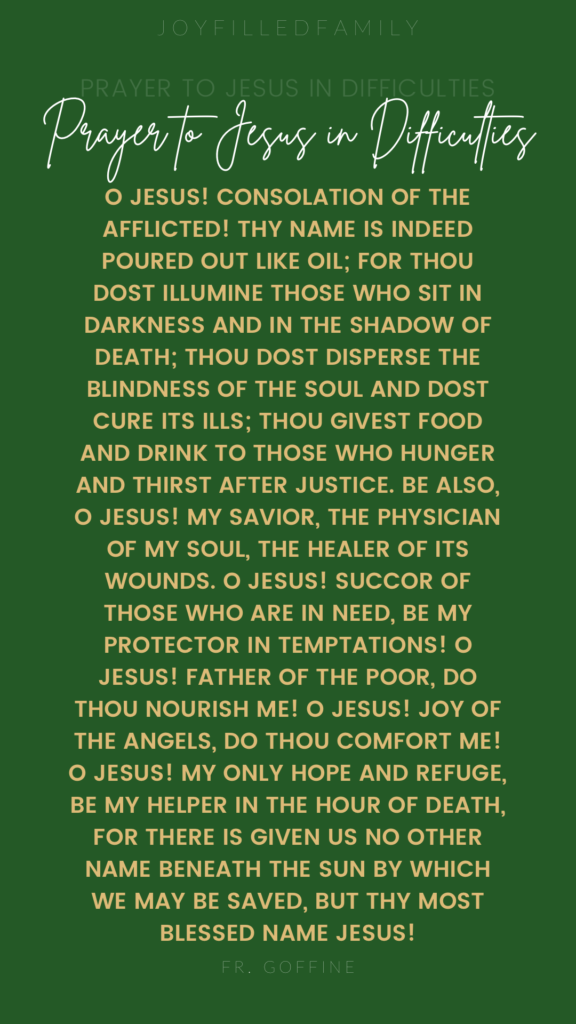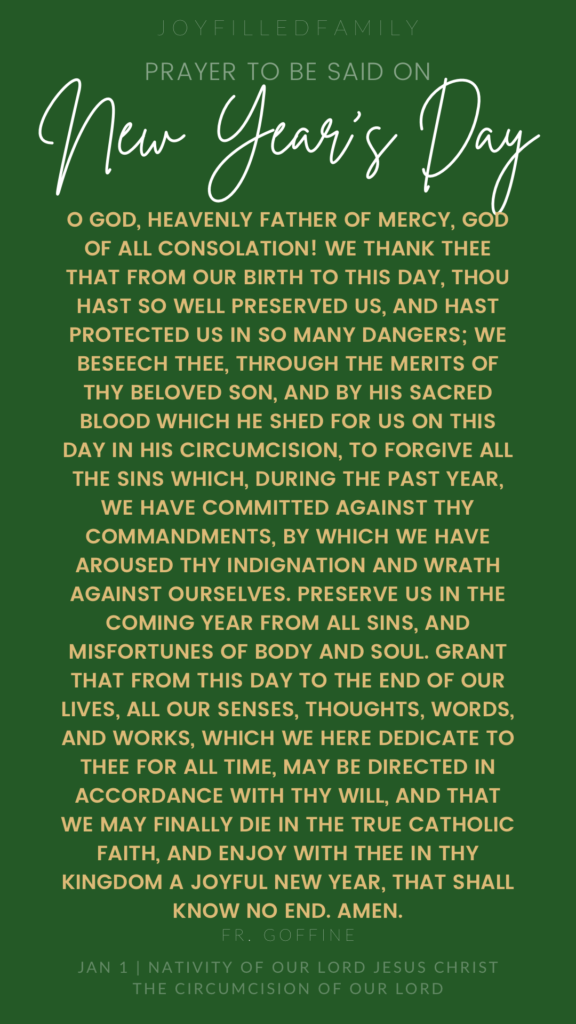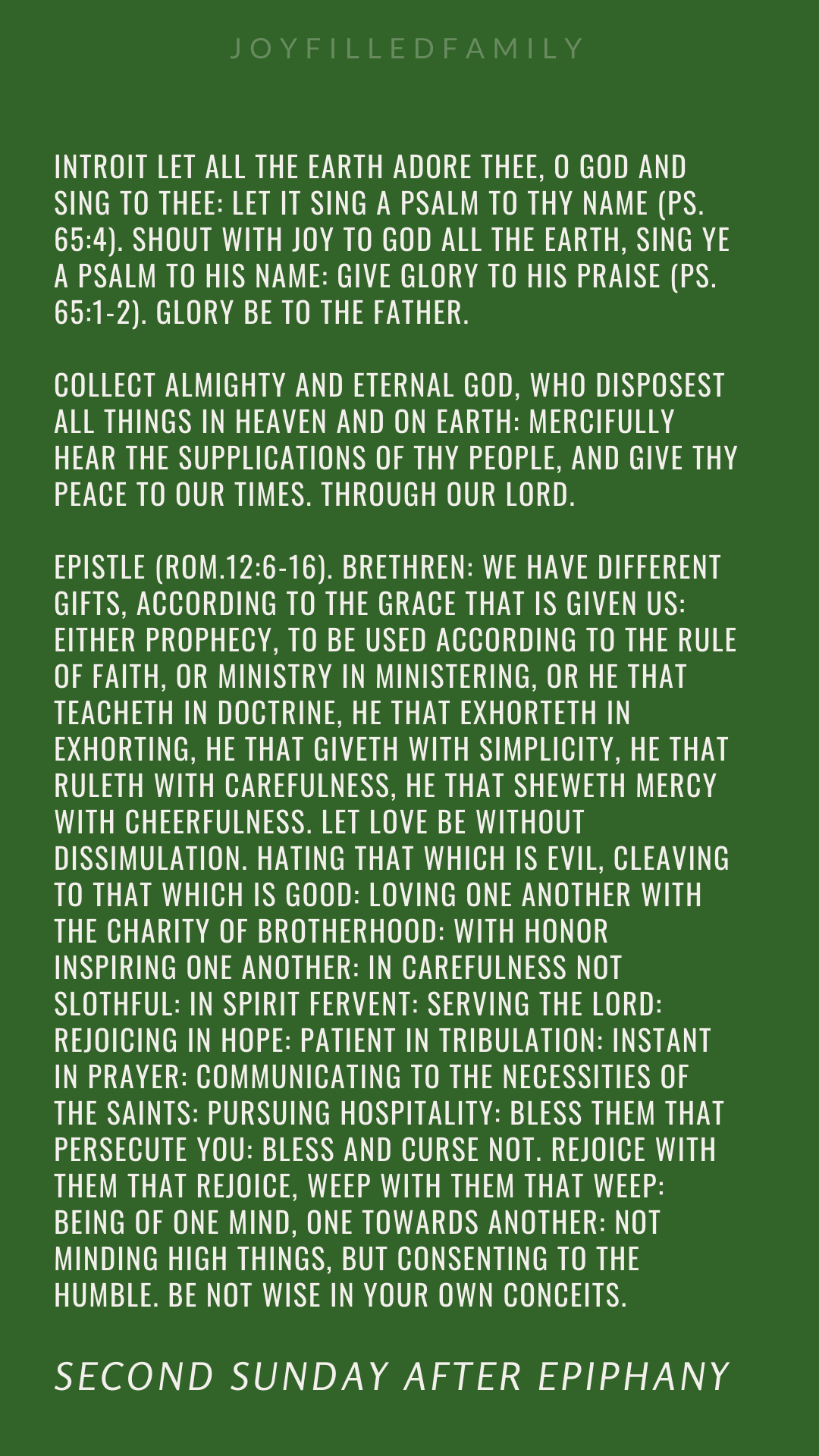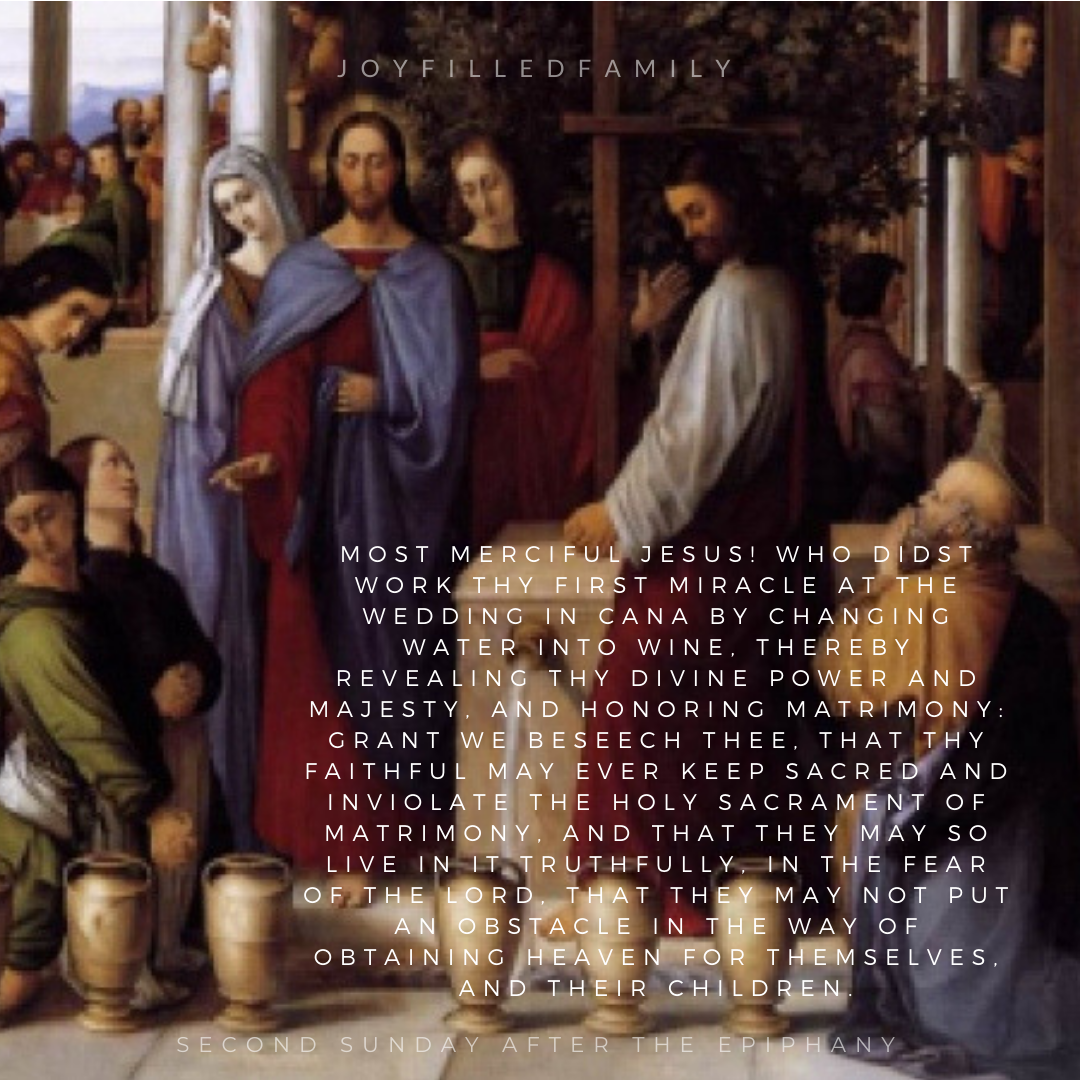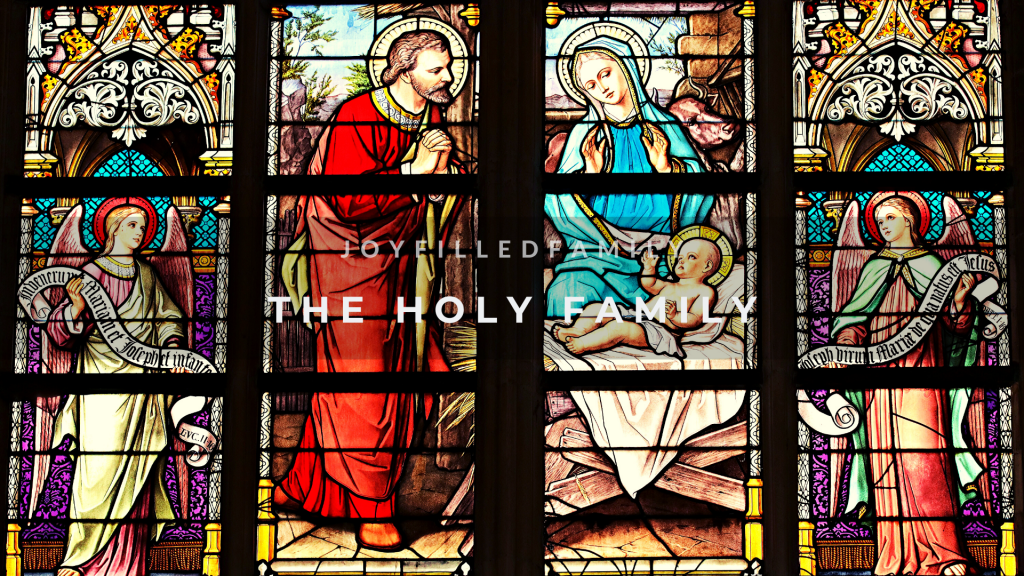A Character Calendar
Saint Anthony, Patriarch of Monks
January 17

Hearing at Mass the words, “If thou wilt be perfect, go, sell what thou hast, and give to the poor,” this saint gave away his vast possessions and retired to the desert where he lived on bread and water. The devil attacked him in visible form. The saint defied him with the words: “I fear you not; you cannot separate me from the love of Christ.”
He was excelled by none in watchfulness and self-restraint. He surpassed all in long suffering, meekness, tenderness, lowliness, perseverance, and continual study of the Holy Scriptures. – Second Nocturn, Fifth Lesson
Look upon the lively examples of the Holy Fathers, in whom shone real perfection and the religious life, and thou wilt see how little it is and almost nothing that we do. – Imitation of Christ, Book I
Ideal: In order to escape from the dangers of the world, this saint left his home and went to live in the desert. When the devil tried to tempt him to sin, he kept close to God in prayer, and knew the devil could not harm him so long as he remained a friend of God.
Today: You have heard little boys boast “I ain’t scared of nuthin’” and you have smiled at their foolishness. If you heard a person say “I’m not afraid of smallpox nor of leprosy: I can go anywhere,” you would know that person to be crazy. Since our soul is so much more important than the body, does it not seem worth while to try to escape the devil?
